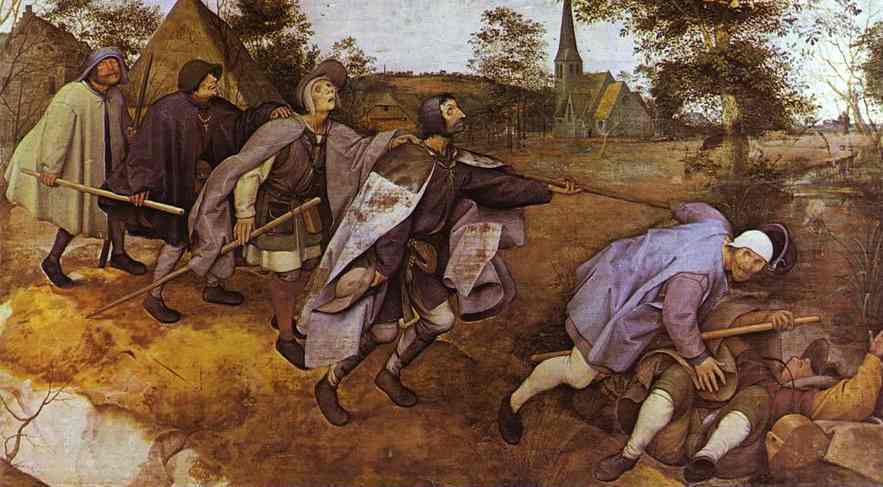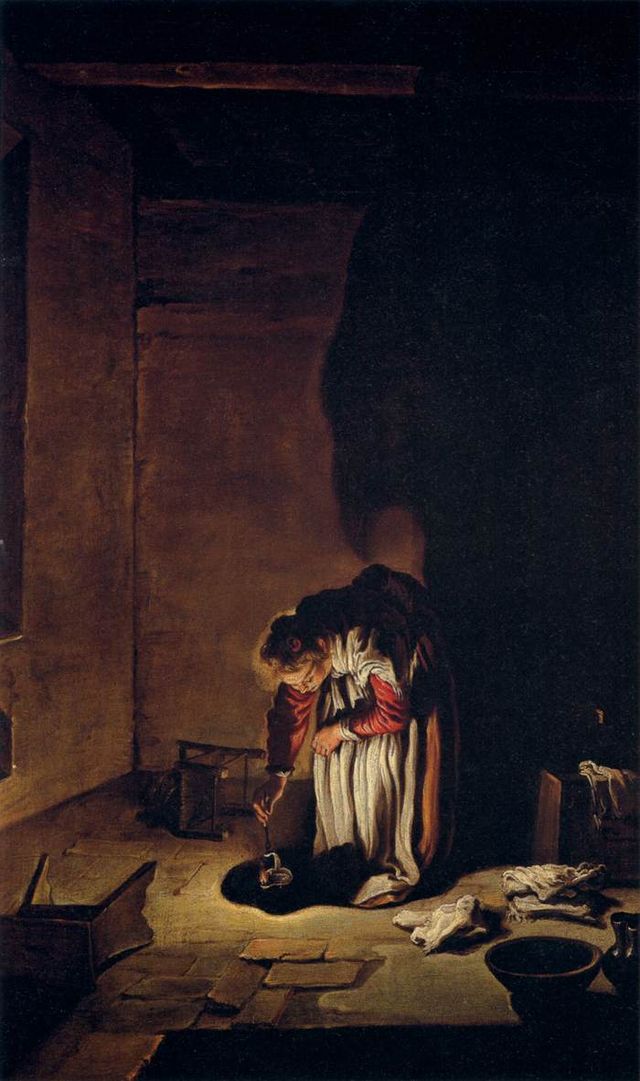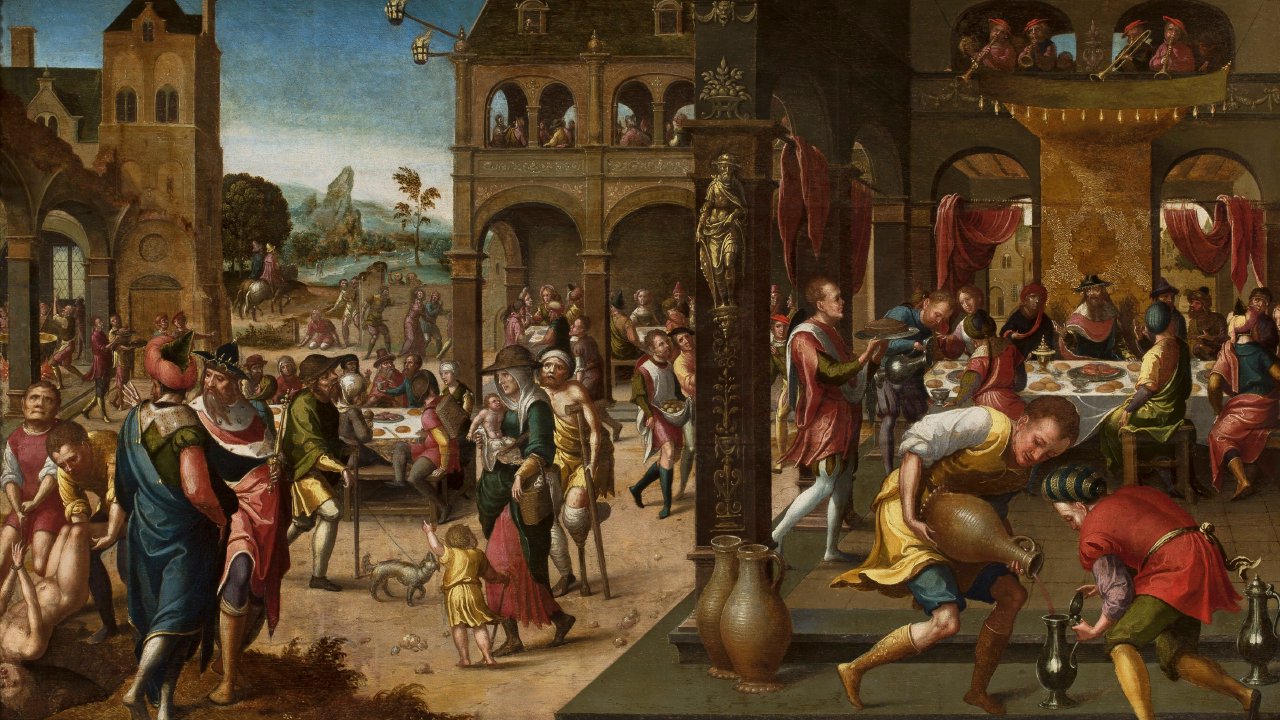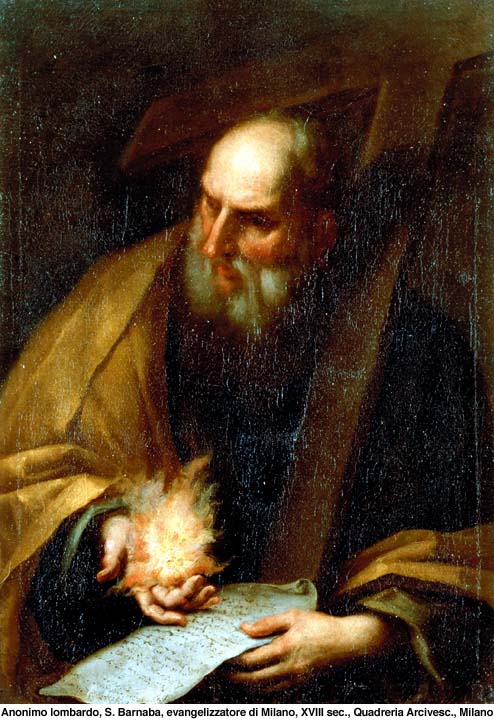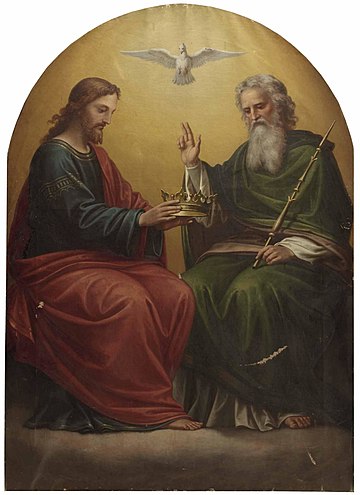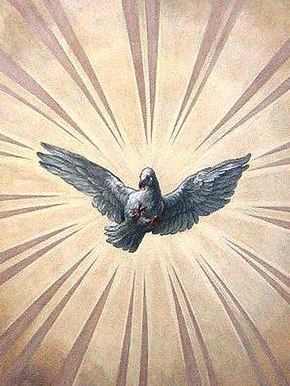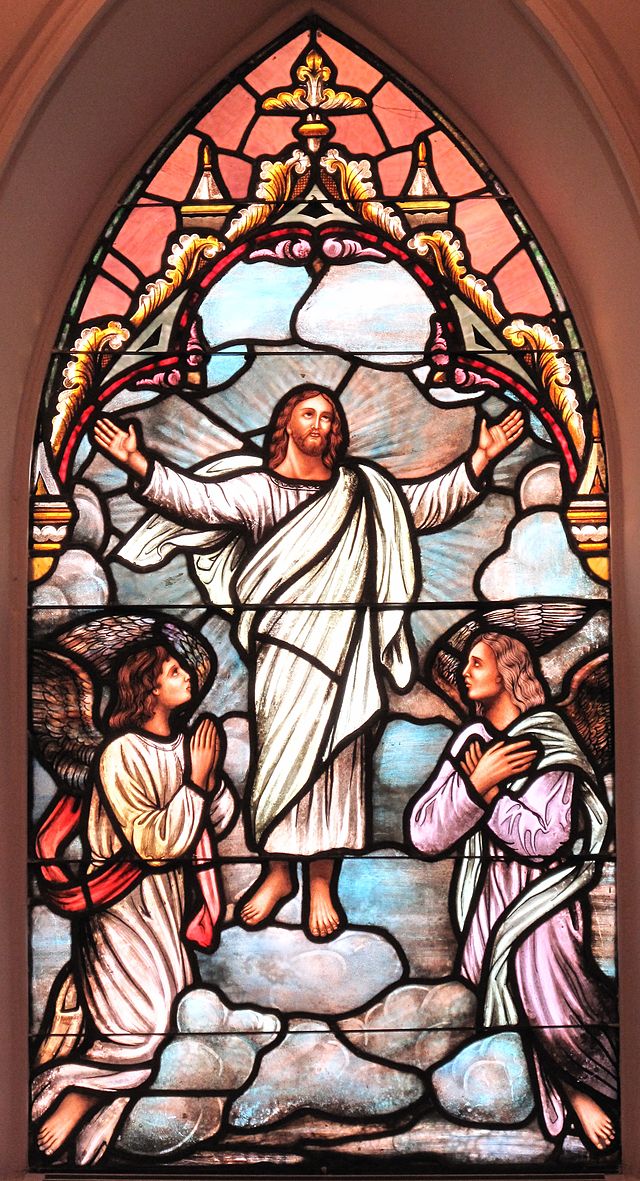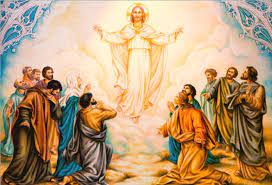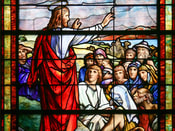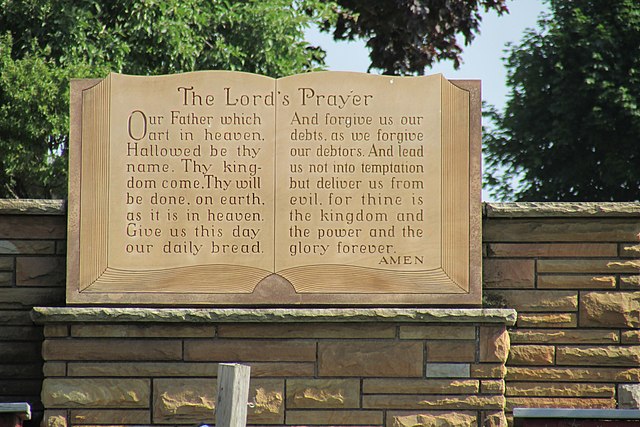
Download The Order of Service for 23 07 16 6th Sunday after Trinity Eucharist
Watch this week's service on YouTube
Read St Mary's Walkley Church News for 16th July 2023
The Readings
Isaiah 55.10-13
For as the rain and the snow come down from heaven,
and do not return there until they have watered the earth,
making it bring forth and sprout,
giving seed to the sower and bread to the eater,
so shall my word be that goes out from my mouth;
it shall not return to me empty,
but it shall accomplish that which I purpose,
and succeed in the thing for which I sent it.
For you shall go out in joy,
and be led back in peace;
the mountains and the hills before you
shall burst into song,
and all the trees of the field shall clap their hands.
Instead of the thorn shall come up the cypress;
instead of the brier shall come up the myrtle;
and it shall be to the Lord for a memorial,
for an everlasting sign that shall not be cut off.
Matthew 13.1-9, 18-23
That same day Jesus went out of the house and sat beside the lake. Such great crowds gathered around him that he got into a boat and sat there, while the whole crowd stood on the beach. And he told them many things in parables, saying: ‘Listen! A sower went out to sow. And as he sowed, some seeds fell on the path, and the birds came and ate them up. Other seeds fell on rocky ground, where they did not have much soil, and they sprang up quickly, since they had no depth of soil. But when the sun rose, they were scorched; and since they had no root, they withered away. Other seeds fell among thorns, and the thorns grew up and choked them. Other seeds fell on good soil and brought forth grain, some a hundredfold, some sixty, some thirty. Let anyone with ears listen!’
‘Hear then the parable of the sower. When anyone hears the word of the kingdom and does not understand it, the evil one comes and snatches away what is sown in the heart; this is what was sown on the path. As for what was sown on rocky ground, this is the one who hears the word and immediately receives it with joy; yet such a person has no root, but endures only for a while, and when trouble or persecution arises on account of the word, that person immediately falls away. As for what was sown among thorns, this is the one who hears the word, but the cares of the world and the lure of wealth choke the word, and it yields nothing. But as for what was sown on good soil, this is the one who hears the word and understands it, who indeed bears fruit and yields, in one case a hundredfold, in another sixty, and in another thirty.’
Scripture Quotations are from: New Revised Standard Version Bible: Anglicized Edition, copyright © 1989, 1995 National Council of the Churches of Christ in the United States of America. Used by permission. All rights reserved worldwide. http://nrsvbibles.org
The Sermon
By Canon Dr Matthew Rhodes
to be added shortly
The Prayers
Prepared by Kath B
God our Father, hear us when we pray to you faith.
We give you thanks for this day, for our lives and the amazing world you have given us to live in. Help us to be good stewards and to look after it for this generation and the generations to come.
Lord, in your mercy,
hear our prayer.
Father we pray for your church throughout the world and for those of other faiths who worship you. May we find ways to live together peaceably and handle our differences respectfully and with open minds that we might learn from one another. We pray that those engaged in the inter-faith strife still taking place in Israel and Palestine will find better ways to deal with their differences so that more lives will not be lost or ruined. Father please give us the patience and vision to see how you work in all our lives.
We give thanks for the opportunity to welcome a group of school children a few days ago; some of whom have never been inside a church, and to tell them a little about our church and how we express our faith. We pray that this will broaden their understanding and give them the confidence to come into your house again if they so wish.
Lord, in your mercy,
hear our prayer.
We pray for the world and all peoples, especially those who live in troubled places because of wars, oppression, natural disasters, political strife, economic problems and great need for the basics of life. Father help us to work together to end these terrible situations wherever possible and to share the earth’s resources fairly for the good of all. Bless all who strive for these things. We pray for those suffering the effects of climate change such as excessive heat, drought, wild fires and flooding. Help us to change our ways so that we do not destroy our home.
Lord, in your mercy,
hear our prayer.
We pray for all who are ill and those who are nearing the end of their lives. May they receive the care, comfort and compassion they need. We pray also for those who accompany them on their journey who also need to be supported.
We pray also for all those hurt by excessive and cruel intrusion into their lives and the lives of their loved ones by the media and others.
By name we pray for Anne and Chris
In a moment of quiet let us call to mind anyone known to us who is in special need of our prayers at this time and let us also pray for ourselves and our own concerns and needs.
Lord, in your mercy,
hear our prayer.
We remember all who have died, some recently and some long ago. We pray that they are at peace and that those who love and miss them will be comforted and cared for in their grief.
Especially we pray for Val, Frank and our friend Ken who have died recently.
Again in a short time of quiet let us remember those special to us who are no longer with us.
Lord, in your mercy,
hear our prayer.
Merciful Father,
accept these prayers,
for the sake of your Son,
our saviour, Jesus Christ.
Amen.
Common Worship: Services and Prayers for the Church of England, material from which is used here, is copyright (c) The Archbishops' Council 2000


